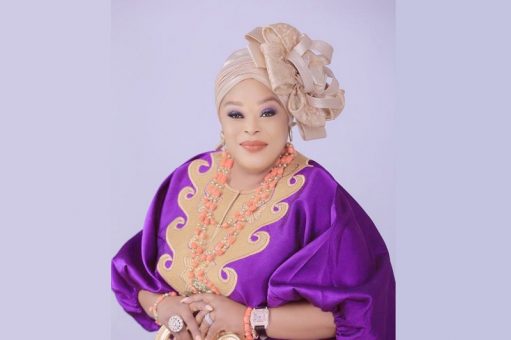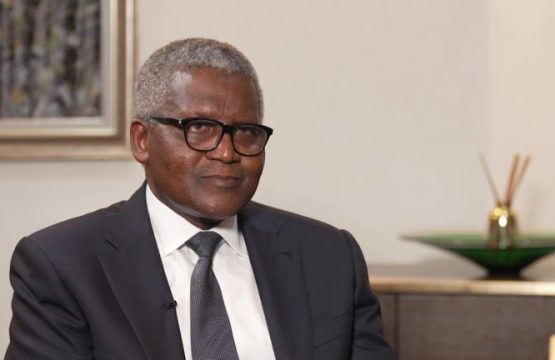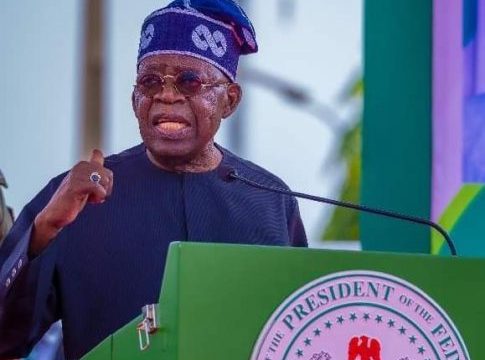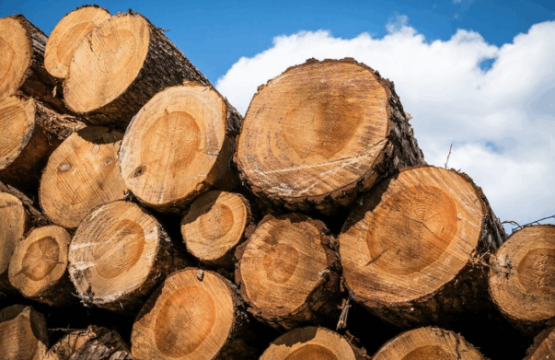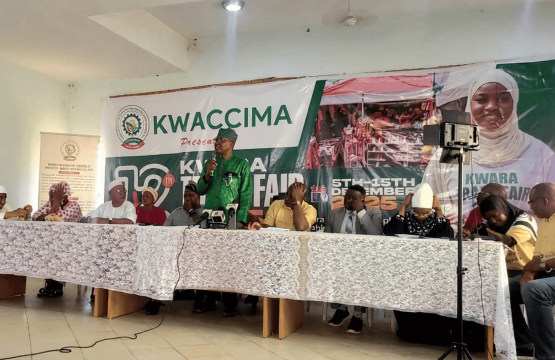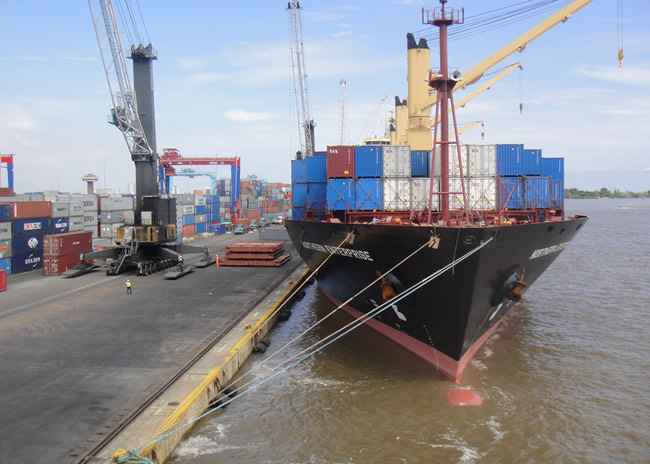“Nigeria can benefit and take advantage of a new post-Brexit trading agreement that the UK has put in place that is called the Developing Countries Trading Scheme (DCTS).”
This is disclosed by Richard Montgomery, the British High Commissioner to Nigeria, in an interview with the News Agency of Nigeria (NAN), in Abuja.
The British envoy, explains that DCTS is among the world’s most generous schemes since it removes tariffs on thousands of products worldwide to make free trade easier. Montgomery said having visited several regions in Nigeria, the UK realised the country has at least 3,000 tariff-free products that it could export.
He said the enhanced partnership signed between the two countries in February is aimed at attracting more investment to the agricultural sector, adding that Nigeria could boost trade with the UK by exporting more of the sector’s products.
“In agricultural exports, Nigeria can export cashew, cotton, or cocoa from the middle belt,” he said. There are lots of commercial farmers involved in vegetables, which can be processed, and there is also timber. “And we think that there’s a big potential for commercial agriculture in the future in Nigeria. You have the land you have the people.
“The new trading scheme should be an opportunity for Nigeria. We can do more in financial and legal services.”
And Standards Organisation of Nigeria (SON) is working with UK standards organisation to reconcile standards or enable them to certify for the UK market to help ease trade.
He said new technologies are entering the financial services sector which will greatly improve the sector.
Montgomery said two challenges of doing business in the UK that foreigners need to take cognisance of are lack of understanding on how to do business and also the standards (non-tariff barriers to trade).
When you go onto the internet and search for the UK Department for Business and Trade, you will access the growth gateway page where you will get trade information, depending on what sector you are in. There’s even a page for Nigeria,” he said. “In the area of standards, if you want to sell some products in the UK, there are safety standards you have to meet, and you will have a certification. Nigeria has its certification.
“And Standards Organisation of Nigeria (SON) is working with UK standards organisation to reconcile standards or enable them to certify for the UK market to help ease trade.”

